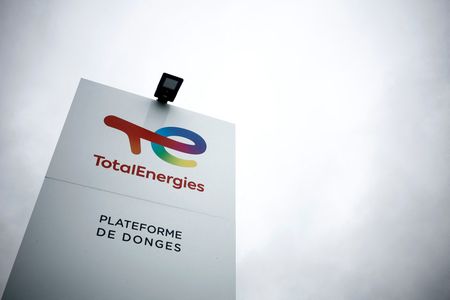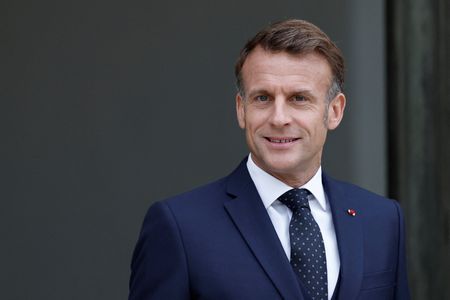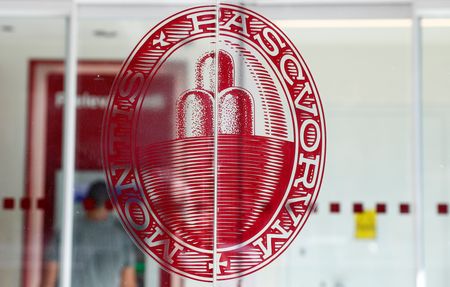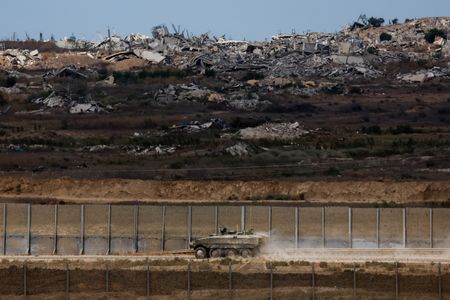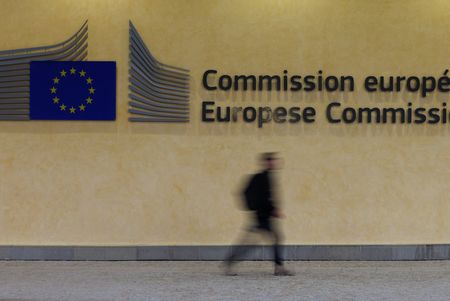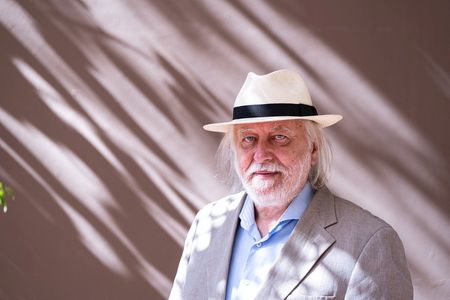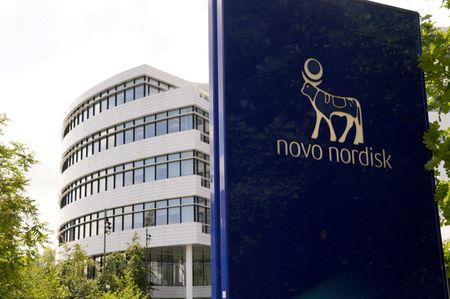MOSCOW (Reuters) -Russian President Vladimir Putin told Azerbaijan’s leader that two Russian missiles had detonated beside an Azerbaijan Airlines plane last year after Ukrainian drones entered Russian air space, in an incident that led to the deaths of 38 people.
In what was the Kremlin leader’s most candid admission to date that Moscow was to blame for the deadly incident, he offered his apologies again to President Ilham Aliyev and promised compensation to those affected.
Flight J2-8243, en route from Baku to the Chechen capital Grozny, crash-landed on December 25 near Aktau in Kazakhstan after diverting from southern Russia, where Ukrainian drones were reported to be attacking several targets. At least 38 people were killed.
Video footage on Thursday showed Putin and Aliyev shaking hands and smiling before a bilateral meeting in Tajikistan at which Putin spoke about the plane crash.
Putin last year issued a rare public apology to Aliyev for what the Kremlin called a “tragic incident” over Russia in which the plane crashed after Russian air defences were deployed against Ukrainian drones.
On Thursday, he went further.
“Of course, everything that is required in such tragic cases will be done by the Russian side on compensation and a legal assessment of all official things will be given,” Putin told Aliyev.
“It is our duty, I repeat once again… to give an objective assessment of everything that happened and to identify the true causes.”
DEBRIS FROM MISSILES
Putin told Aliyev that two Russian air defence missiles had detonated several metres away from the plane after Ukrainian drones entered Russian airspace.
“The two missiles that were launched did not hit the plane directly; if that had happened, it would have crashed on the spot, but they exploded, perhaps as a self-destruction measure, a few metres away, about 10 metres,” Putin said.
“And so the damage was caused, mainly not by the warheads, but most likely by the debris from the missiles themselves. That is why the pilot perceived it as a collision with a flock of birds, which he reported to Russian air traffic controllers, and all this is recorded in the so-called ‘black boxes.'”
The Embraer jet had flown from Azerbaijan’s capital Baku to Grozny, in Russia’s southern republic of Chechnya, where the incident occurred, and had then travelled, badly damaged, another 280 miles (450 km) across the Caspian Sea.
Putin cautioned on Thursday that it would “probably take some more time” to fully investigate the crash’s causes.
A preliminary report published on a Kazakh government website in February found that the plane suffered external damage and was riddled with holes in its fuselage.
Aliyev was angry about the crash and has publicly criticised the initial reactions from Moscow which he said sought to cover up the cause of the incident.
On Thursday, he thanked Putin for personally monitoring the progress of the investigation into the deadly incident.
“I would like to express my gratitude once again for the fact that you deemed it necessary to highlight this issue at our meeting,” Aliyev told Putin.
(Reporting by Reuters; Writing by Guy Faulconbridge and Lucy Papachristou; Editing by Andrew Osborn, William Maclean)



